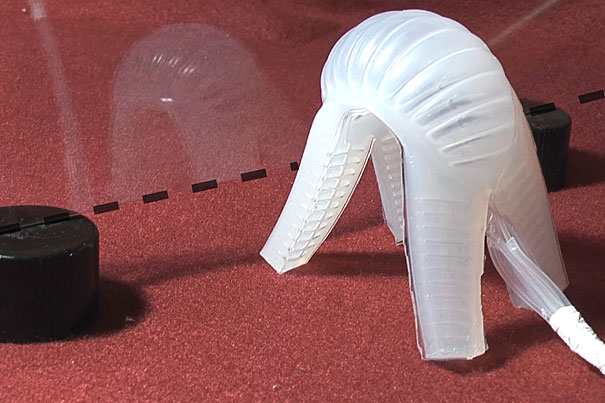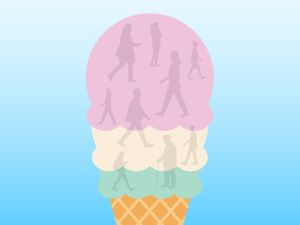Science & Tech
-
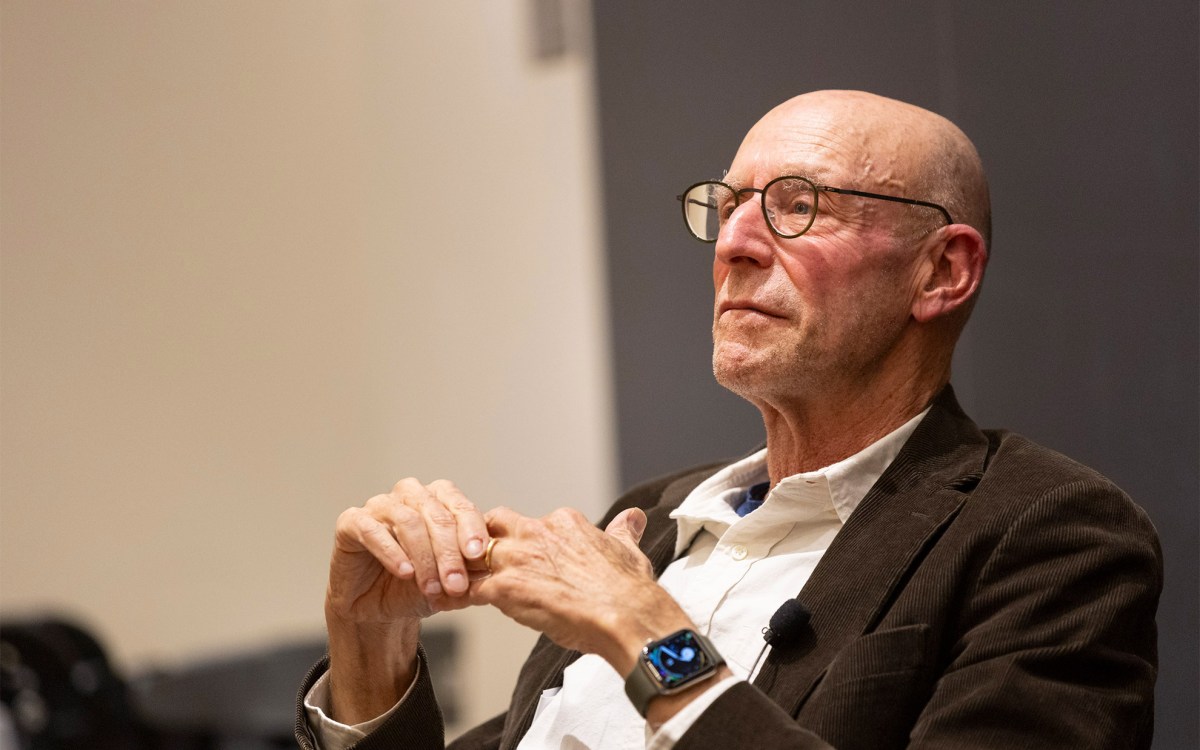
What exactly is consciousness? (And does my Venus flytrap have it too?)
In new book, author Michael Pollan explores nonhuman sentience, stream of thought, AI
-

Can a chatbot be a co-author?
Physicists take souped-up ChatGPT out for a spin, return home with significant discovery

-

Preserving learning in the age of AI shortcuts
In podcast, teachers talk about how they’re using technology to supercharge critical thinking rather than replace it
-

A ‘cocktail’ recipe for brain cells
Stem cell biologists discover how to regenerate type damaged in ALS, spinal cord injuries

-

When you do the math, humans still rule
Harvard’s Lauren Williams, a MacArthur ‘genius,’ joins international effort to challenge notions of AI supremacy
-

‘Imagination’
Less like a picture, more like a video game? Cognitive scientist explains how we ‘see’ what isn’t real.
-
Right choice, but not the intuitive one
When faced with a tough choice, we already have the cognitive tools we need to make the right decision, Daniel Gilbert, professor of psychology, told a Harvard Law School audience on Feb. 16. The hard part is overcoming the tricks our minds play on us that render rational decision-making nearly impossible.
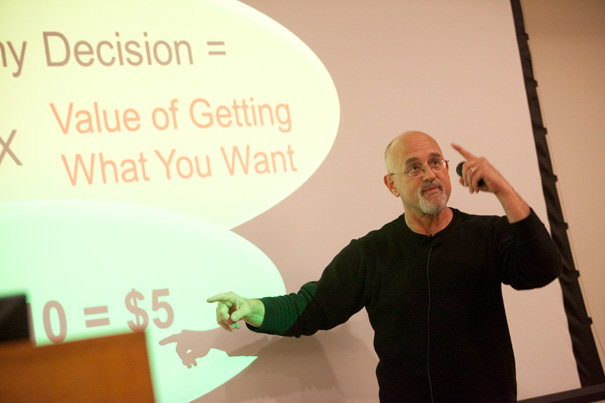
-
‘Pop!’ goes the robot
A production method inspired by children’s pop-up books enables rapid fabrication of tiny, complex devices. Devised by engineers at Harvard, the ingenious layering and folding process will enable the creation of a broad range of electromechanical devices.
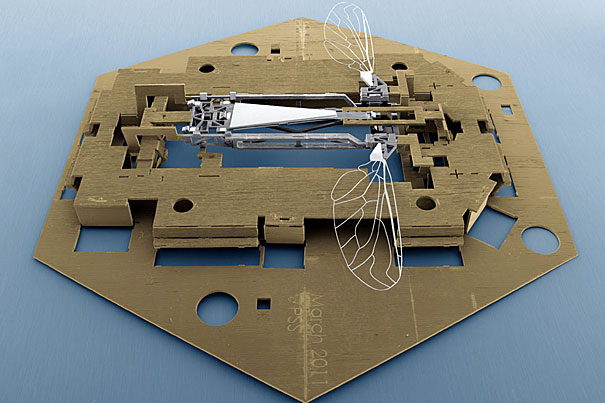
-
Black hole came from shredded galaxy
Astronomers using NASA’s Hubble Space Telescope have found a cluster of young, blue stars encircling the first intermediate-mass black hole ever discovered. The presence of the star cluster suggests that the black hole was once at the core of a now-disintegrated dwarf galaxy.
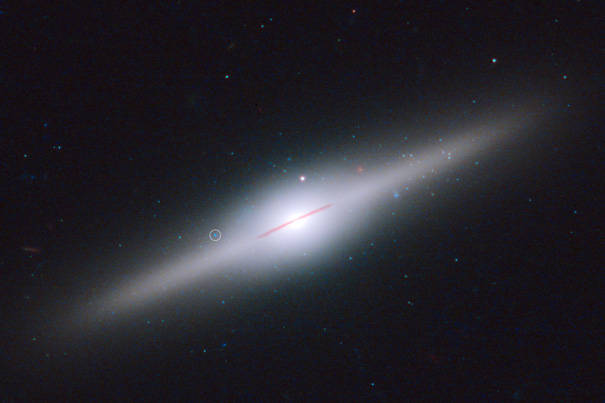
-
Trouble afloat: Ocean plastics
Plastic pollution in the oceans is a large and growing problem, but one that may be out of the reach of consumers to solve and instead may require cooperation from industry, said Max Liboiron, regional co-director of the Plastic Pollution Coalition.
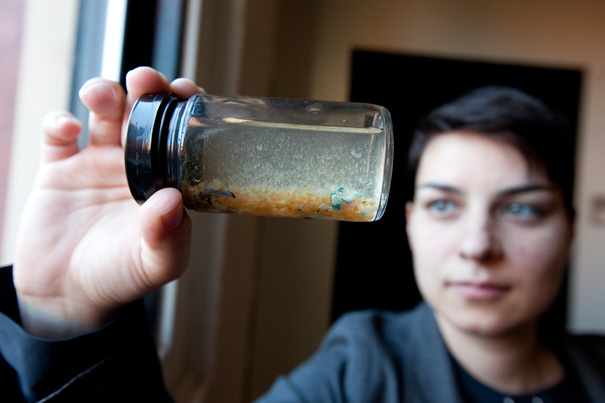
-
Street smarts
Students develop hurricane response plans on Cambridge roads, gaining practical experience in computational science competition, ComputeFest, a two-week program hosted by the recently created Institute for Applied Computational Science within the Harvard School of Engineering and Applied Sciences.
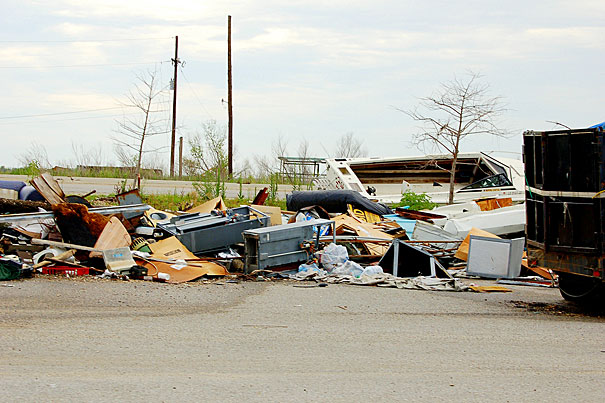
-
For cutting-edge biomedical materials, try corn
One might expect, these days, to find corn products in food, fuel, and fabric, but a corn-based glue that can heal an injured eyeball? That’s a-maize-ing.
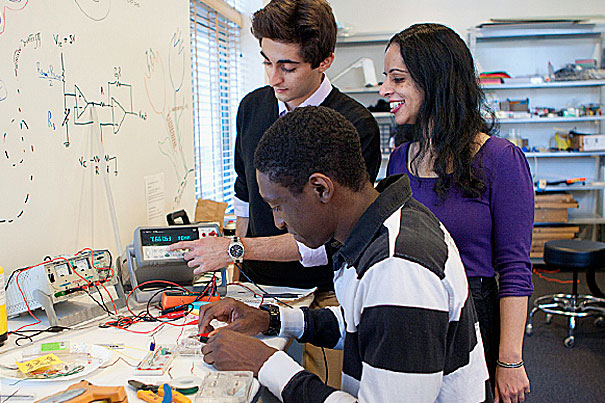
-
As strong as an insect’s shell
Wyss Institute scientists have created a material that mimics the hard outer skin of bugs. The result is low-cost and easily manufactured, and tough. It eventually might provide a more environmentally friendly alternative to plastic.
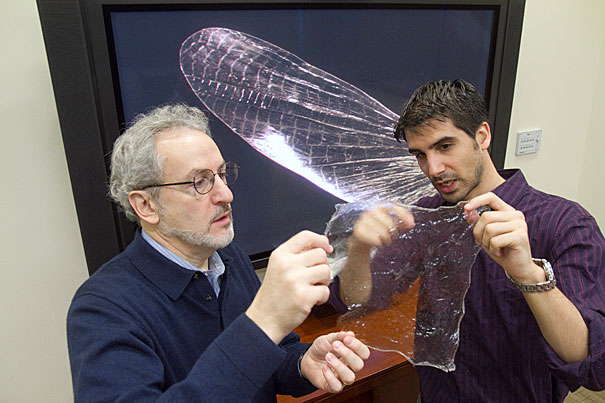
-
Designing in the human context
For a week in January, 40 students from a variety of backgrounds — comparative literature to computer science — engaged in a “design thinking” workshop led by IDEO, an internationally renowned design consulting firm. Throughout, the human element was key — How do people actually use a product? — as was a certain amount of ad-libbed fun.
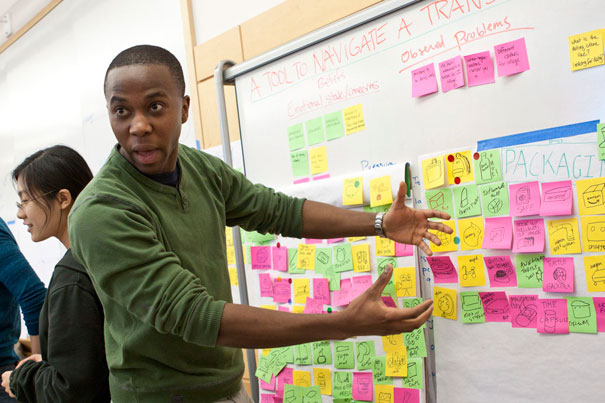
-
The ‘diversity problem’ in science
Opportunities for women and people of color to pursue careers in science have improved in recent years, but still lag behind those of white men, Harvard College Dean Evelynn M. Hammonds told a crowd at the Massachusetts Institute of Technology in her keynote address at the Institute Diversity Summit.

-
Physics at 2,500 feet
In 1934, a group of enterprising young Turks pooled their money and bought construction plans for a glider. Pioneers in the infancy of aviation, they built it by hand, out of wood and fabric, and when the time came for its maiden flight, they drew straws.
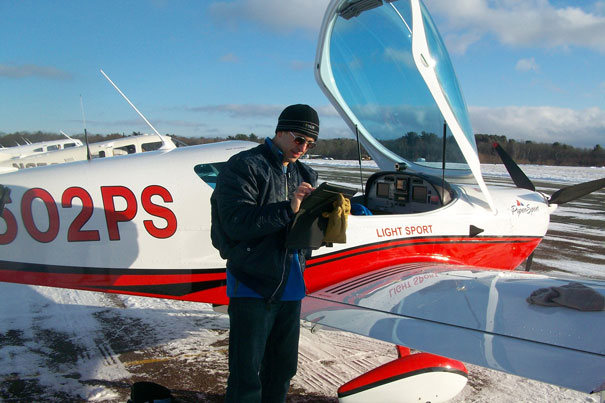
-
Early-stage venture fund launches
Today, the Experiment Fund, a new seed-stage investment fund, opens its doors with backing from storied venture capital firm New Enterprise Associates (NEA). Designed specifically to support student start-ups and nurture novel technologies and platforms created in Cambridge (or by innovators educated in Cambridge), the Experiment Fund will eventually include additional strategic angel investors and advisers.
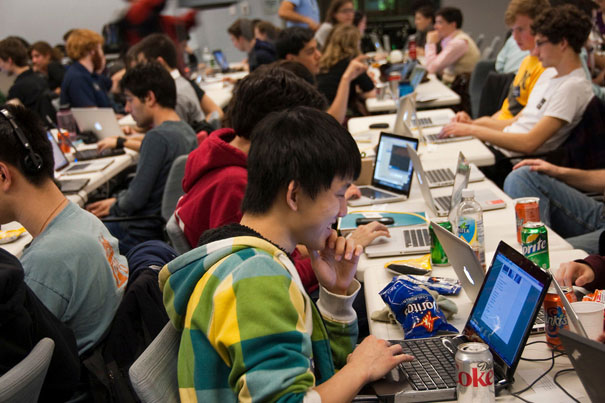
-
With a little help from our ancient friends
The social networks of the Hadza, a group of hunter-gatherers in Tanzania, show evidence that many elements of social network structure may have been present at an early point in human history.
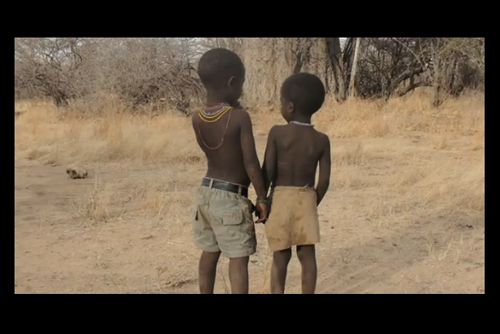
-
Scourge source
New research at Harvard explains how bacterial biofilms expand on teeth, pipes, surgical instruments, and crops.
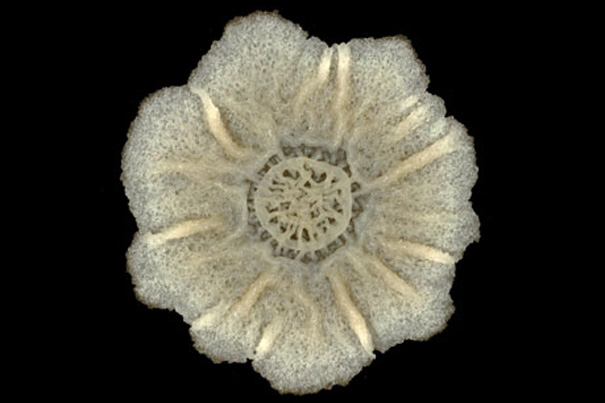
-
Planets, planets everywhere
The rapid rise in discoveries of planets circling other stars is changing astronomers’ views of the galaxy and the Earth’s place in it, giving impetus to the search for extraterrestrial life, astronomer and Radcliffe Fellow Ray Jayawardhana says.
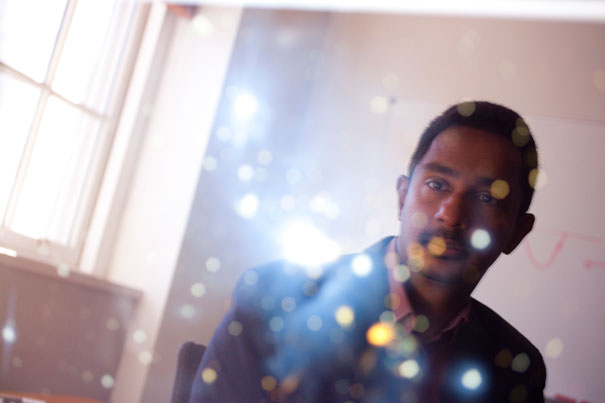
-
Taste test
Using friendship data collected from Facebook, Harvard sociologists have found that people who share similar interests in music and movies are more likely to befriend one another, but that very few interests are likely to spread among friends.

-
Map making, made easy
Developed by Harvard’s Center for Geographic Analysis, WorldMap allows scholars to create, share, and publish maps and other geospatial data.
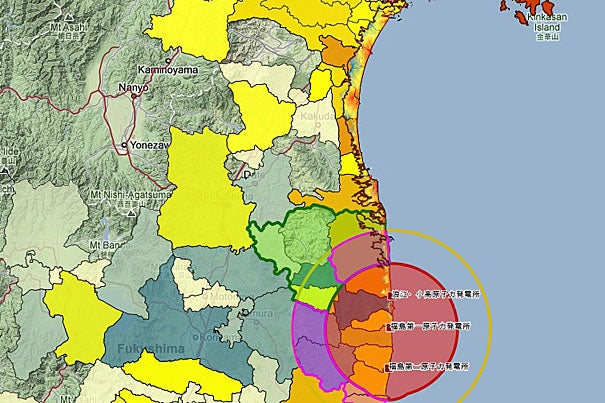
-
Harvard Thinks Green: Why Physicians Must Protect the Global Environment
Dr. Eric Chivian from Harvard Medical School, the Director of the Center for Health and the Global Environment and Assistant Clinical Professor of Psychiatry, named by Time Magazine in 2008 as “one of the most influential people in the world” and a recipient of the 1985 Nobel Peace Prize, Dr. Eric Chivian. December 8, 2011
-
Harvard Thinks Green: Making Money While Making a Difference: Is it Really that Easy?
Professor Rebecca Henderson from Harvard Business School is the Co-Director of their Business and Environment Initiative and recently named the John and Natty McArthur University Professor December 8, 2011
-
Harvard Thinks Green: SimCity Revisited – Modeling the Energy Performance of Cities
Christoph Reinhart is from the Harvard Graduate School of Design, Associate Professor of Architectural Technology and the leader of Harvard’s Sustainable Design Research Initiative December 8, 2011
-
Harvard Thinks Green: Your Role as a Leader of Sustainability Efforts
Professor Robert Kaplan from the Harvard Business School is a professor of Management Policy December 8, 2011
-
Harvard Thinks Green: Foraging a New Pathway to National Climate Change Legislation
Richard Lazarus from Harvard Law School, is the Howard J. and Katherine W. Aibel Professor of Law December 8, 2011
-
Harvard Thinks Green: Is It Too Late to Avoid Serious Impacts of Climate Change?
James McCarthy is the Alexander Agassiz Professor of Biological Oceanography and a co-chair with the Nobel Peace Prize winning Intergovernmental Panel on Climate Change December 8, 2011
-
Of orbits and ice ages
In a paper published in the journal Nature, Harvard Professor of Earth and Planetary Sciences Peter Huybers confirms that changes in the orientation of the Earth’s spin axis have contributed to periods of major deglaciation in the past million years.

-
Reading life’s building blocks
A team led by Harvard researcher Charles Lieber has for the first time succeeded in creating a device that opens the door to using tiny holes called nanopores in an electrically charged membrane to quickly and easily sequence DNA.
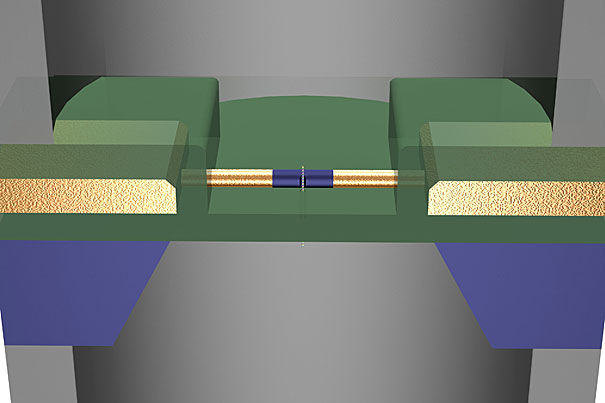
-
Alien worlds, just like home
Harvard astronomers, working as part of NASA’s Kepler mission, have detected the first Earth-sized planets orbiting a distant star, a milestone in the hunt for alien worlds that brings scientists one step closer to their ultimate goal of finding a twin Earth.

-
A humanitarian comes home
Harvard Medical School Instructor Stephanie Kayden’s educational life came full circle this semester, when she taught a humanitarian studies course in Emerson Hall, where, as an undergraduate philosophy concentrator she honed her own reasoning skills years ago.

-
Dealing with data
A computer program developed by brothers David and Yakir Reshef, together with Professors Michael Mitzenmacher and Pardis Sabeti, enables researchers to scour massive data sets for meaningful relationships that might otherwise have been missed.
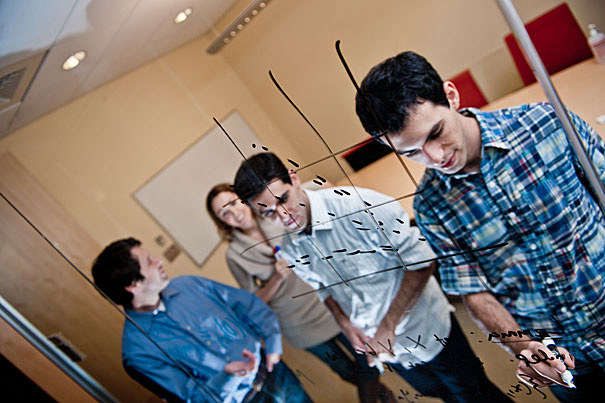
-
Baking in the details
A long-term Semitic Museum project labors to conserve thousands of 3,500-year-old clay tablets that detail everyday life in an ancient city.

-
Of helixes, neurons, and chemicals
Science writer Carl Zimmer talked about the surprising number of science-oriented tattoos gotten by scientists, who wear their love of science proudly, and his related book, “Science Ink: Tattoos of the Science Obsessed,” during a lecture at the Harvard Museum of Natural History.
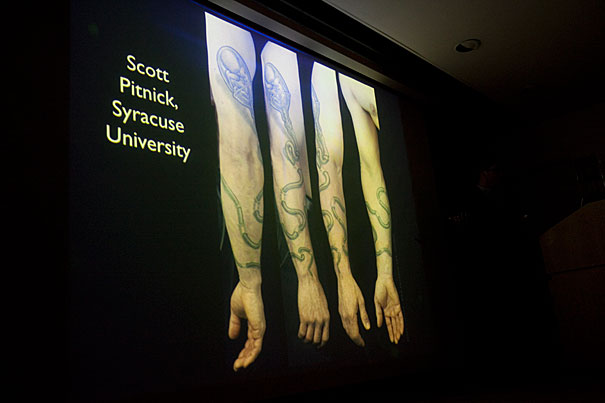
-
Soft-bots
Harvard Professor George Whitesides and his research team have developed an array of “soft” robots based on natural forms, including squids and starfish, that may one day be used to aid disaster recovery efforts by squeezing into the rubble left by an earthquake to locate survivors, or as a way to free up a surgeon’s hands in the operating room.
